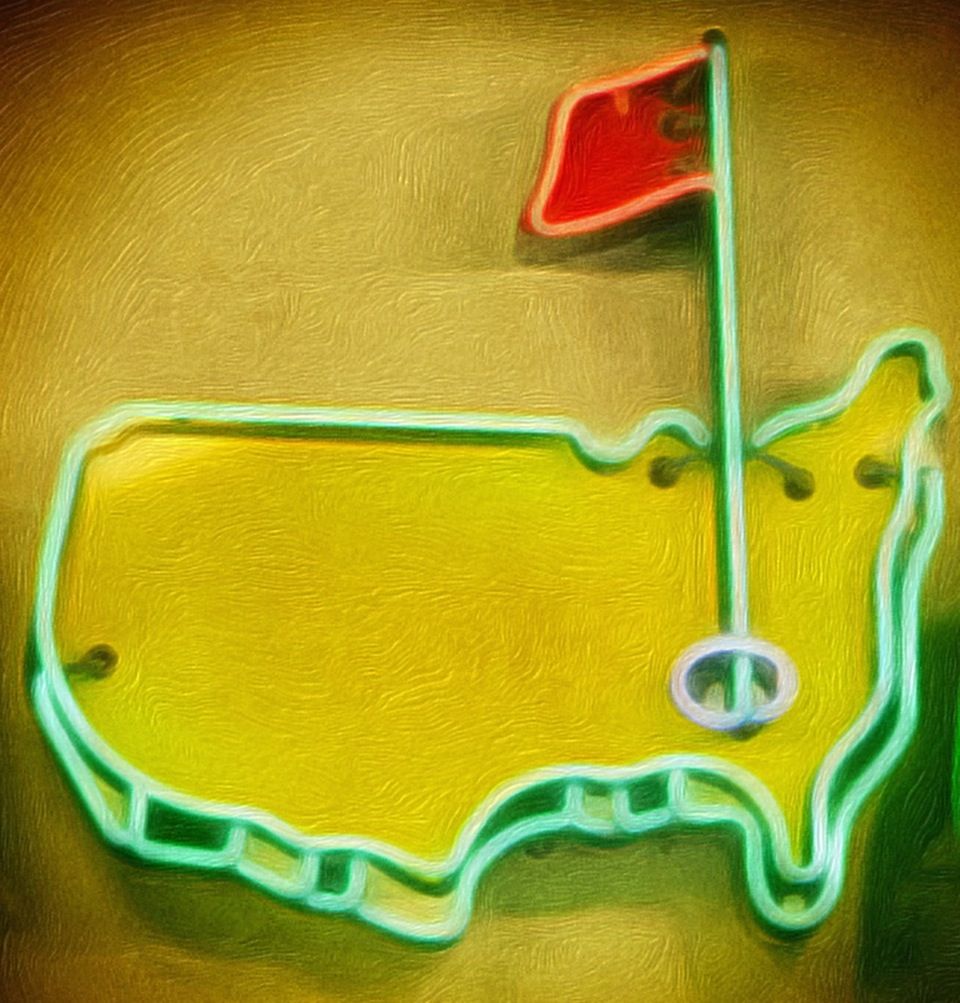Roundup: Billy Payne's Legacy As Masters Chairman
/Jaime Diaz of Golf World says Billy Payne's "accomplishments far outnumber the four previous chairmen who followed Jones’ and Roberts’ legacy" and gets an exclusive sitdown with the retiring Chairman. Among the topics covered included the Masters ball idea...
Among the topics covered included the Masters ball idea...
“That would be a very drastic step, and we would hope before that was necessary, there would be a collaborative decision. We love to follow collaborative decisions. Not be a loner. But we reserve the right to do so if we think it’s needed. We retain options about our course. So, I would suspect we would exhaust those before we would unilaterally jump ahead of others.”
The Augusta Chronicle's John Boyette also talked to Payne about a range of accomplishments. The outgoing chairman offered this on his successor, Fred Ridley:
“I think he’ll be, as I tried to be, another great custodian,” Payne said Tuesday in an interview with The Augusta Chronicle. “I think all chairmen after our first two founders are custodians of their dreams and aspirations. We try to maintain it and, if we can, make it a little better. He’s going to do that beautifully.”
The Chronicle also ranks Payne's best moments and offers this history of the chairmen. Boyette also notes that Ridley will be the first chairman who has actually played in The Masters.
AP's Doug Ferguson leads by writing that "Payne ruled more with an open mind than an iron fist" and offers an extensive history of his tenure.
ESPN.com's Bob Harig focuses on the admission of female members and the many major construction accomplishments achieved during the Payne years.
Christine Brennan for USA Today on Payne's legacy of supporting women's athletics in general.
It was no surprise that the man who ran the 1996 Summer Olympic Games in Atlanta — an event known as the “Women’s Olympics” for the tremendous success of U.S. women in soccer, softball, basketball, gymnastics and swimming, among others — would be the one to bring staid, exclusionary Augusta National into the 21st century.
In fact, in the early 1990s, as the young leader of the upcoming Atlanta Olympics, Payne wanted to make golf an Olympic sport, with this kicker: staging the competition at Augusta National. He also was going to demand that the competition include women.
At the time he was not a member of the club, and he knew that women were not allowed to be members, but his idea was to show those old men of Augusta National what women could do.
Rex Hoggard for GolfChannel.com:
In many ways Payne – whose leadership style was born from his time as president and CEO of the 1996 Atlanta Olympic committee – was both a consensus builder and an autocrat, a leader who understood the challenges the game faced and Augusta National’s unique position as a conduit for change. That he was willing to use that influence was, quite simply, an act of leadership.
Hoggard also has player reaction, including the reactions from Phil Mickelson, Jordan Spieth and Bubba Watson.
Josh Berhow at Golf.com reminds us that Payne also pushed things on the television rights front.
During his tenure, Payne was behind the Masters' new TV contract with ESPN in 2008 — which broadcast and elevated the Masters Par-3 Contest —
On that topic, a statement from ESPN President John Skipper on retirement of Payne:
“It has been my pleasure to work with Billy Payne during his tenure as Chairman. He has wonderfully maintained the preeminence of the world’s greatest golf tournament while innovating effectively in digital media and expanding the footprint of the tournament, the club and the game of golf both literally and figuratively in Augusta and throughout the world. I wish him well-earned satisfaction in his accomplishments and pleasure in his deserved retirement.
“Billy’s last accomplishment was leaving the club in the capable hands of Fred Ridley. We look forward to working with Fred for many years.”

















